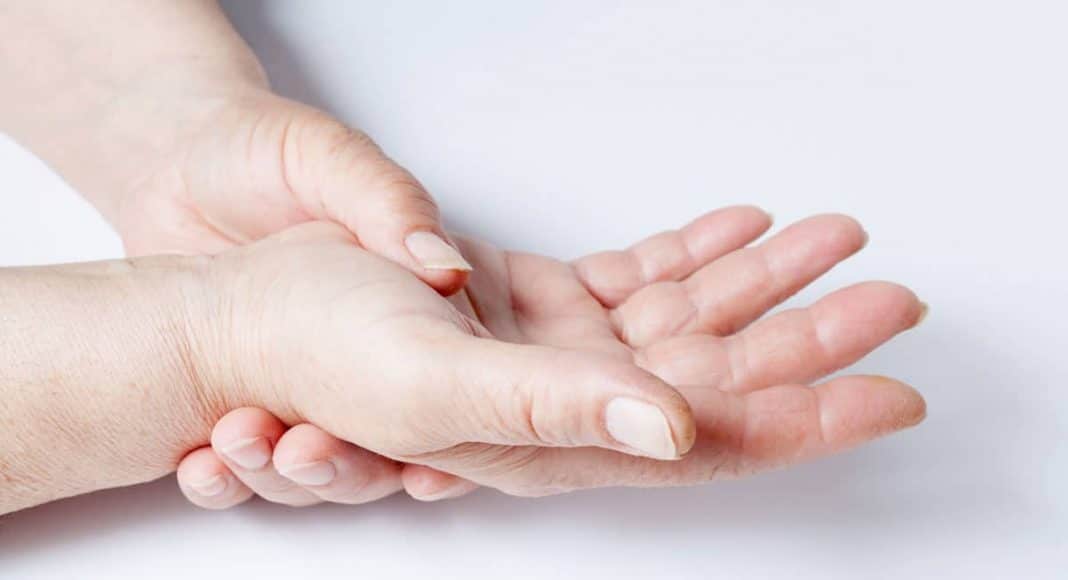Fibromyalgia is a disease that doctors can only diagnose by way of its symptoms—its causes are unknown and there are no known physical tests (blood, hair, etc.) for its existence. Furthermore, there are no recognized cures for the disease, any medicines used to treat fibromyalgia are utilized only to improve the quality of life of patients.
Because it cannot be identified via physical testing, fibromyalgia patients often confuse the manifestation of the disease with others that share in like symptoms. These symptoms include: sore muscles, fatigue, joint pain, stiffness, drowsiness, anxiety, depression, and tingling in the extremities. For a vast majority of fibromyalgia sufferers, chronic pain is the most debilitating symptom of the disease and often times prompts one to visit the doctor for a diagnoses. To this end, fibromyalgia is often times confused with other chronic pain diseases such as arthritis, bursitis, and tendinitis. Only after careful examination can doctors correctly diagnose fibromyalgia.
-
Related Story: Why Blunts Are Bad For You: It’s Not About The Marijuana
A majority of research, mostly from personal trial and error, into the potential medical applications of medical marijuana concerning fibromyalgia has to do with chronic pain—with some patients treating other less traumatic symptoms such as anxiety. With this notion in mind, CBD is the predominant compound from the cannabis plant that fibromyalgia patients have used as a medication.
CBDs
Cannabis plants contain “more than 85 cannabinoids”—of these THC and CBD are the most famous and widely utilized in the burgeoning medical marijuana culture. CBD is isolated from both the traditional marijuana plant as well as the hemp plant and is characterized as non-psychoactive—meaning that it doesn’t get users “high”. Along this line of thought, hemp-derived CBD products are currently sold throughout the United States while marijuana-derived CBD products are only available at cannabis dispensaries in medically or recreationally sanctioned States. To bring it back to the medical side of the topic, there are countless reports of disease and pain stricken individuals claiming that CBD has helped quell and even cure their ailments. With almost a total lack of legitimate scientific research into CBD as medicine these “first-hand” reports comprise a majority of the current medical knowledge related to CBD.
CBD And Fibromyalgia: First-Hand Reports
There are a variety of reports on the internet concerning the efficacy of CBD as a treatment, which improves the quality of life, for fibromyalgia patients. According to one fibromyalgia blogger / patient who simply goes by “Donna,” CBD oil dramatically helps reduce her chronic pain—particularly in her lower extremities. Furthermore, according to the website titled Fibromyalgia Treating: “patients report that it [CBD] helps with chronic pain, sleep, endurance, anxiety, depression, inflammation, muscle spasms, overall mental health and well-being, mood, and more”. However, it should be noted that not all fibromyalgia patients report benefits from the use of CBD. With this notion in mind, it should be noted that all drugs react uniquely with individuals and the benefits as well as side-effects of these drugs manifest on a subjective basis. Therefore, CBD could prove to be a “wonder drug” for fibromyalgia patients but it seems this can only be verified on a case-by-case basis.


